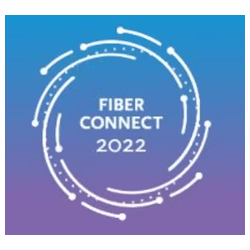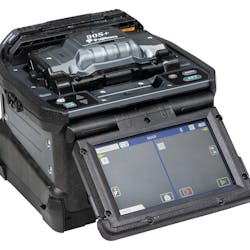Comcast (NASDAQ:CMCSA) has made a commitment to 10,000 military hires by the end of 2017. In addition to transitioning service members, the talent pool includes veterans, those currently serving in the National Guard and Reserves, and military spouses, who are often highly qualified but under-employed because they are likely to move, said Carol Eggert, VP, military and veteran affairs, for Comcast and Brigadier General (R), U.S. Army.
"My office was created to work across the enterprise to set an engagement strategy for the military community and develop programs and policies to reach out to this group," Eggert said. "Many companies may have some folks involved (in military relations), but Comcast has put a whole department in place."
In line with its pledge, Comcast has entered into a pilot program with the SCTE, the SCTE Foundation and Georgia Tech Professional Education's (GTPE) Veterans Education Training and Transition (VET) program. Two initial groups of up to 20 participants will be recruited and trained for cable engineering careers. Funding will be provided by a grant from the SCTE Foundation.
"There is strong alignment between what our servicemen and women are doing and what we need - they have project management expertise, they're hands-on practitioners in the implementation of technology, and they have the ability to execute plans in an action-oriented way," said Mark Dzuban, president and CEO of the SCTE.
The individuals chosen for the program will still be on active duty and preparing to transition within four to six months. Given the involvement of Georgia Tech, they will reside in proximity to Fort Gordon, Fort Stewart, and Warner Robins Air Force Base.
The recruits will complete SCTE/ISBE online training and certification for one of two tracks: field technician or headend technician. Those who pass the examinations will advance to the second phase of the program, including VET² training and Comcast internships, which will begin in the third quarter. Overall, from start to finish, the process is expected to take seven months.
"Our military men and women come with unique skills in leadership, problem solving, adaptability, and have a comfort level with technology. Military technology is always changing. They have to stay one step ahead .... I think their comfort level with change and new technology is significant," Eggert said, noting that her office would "love" to be able to expand the pilot across the country.
Dzuban added that servicemen and women tend to have self-confidence, good communications skills and a strong work ethic. "They're disciplined, they know how to follow chains of command, and they have the ability to work together as a team."





